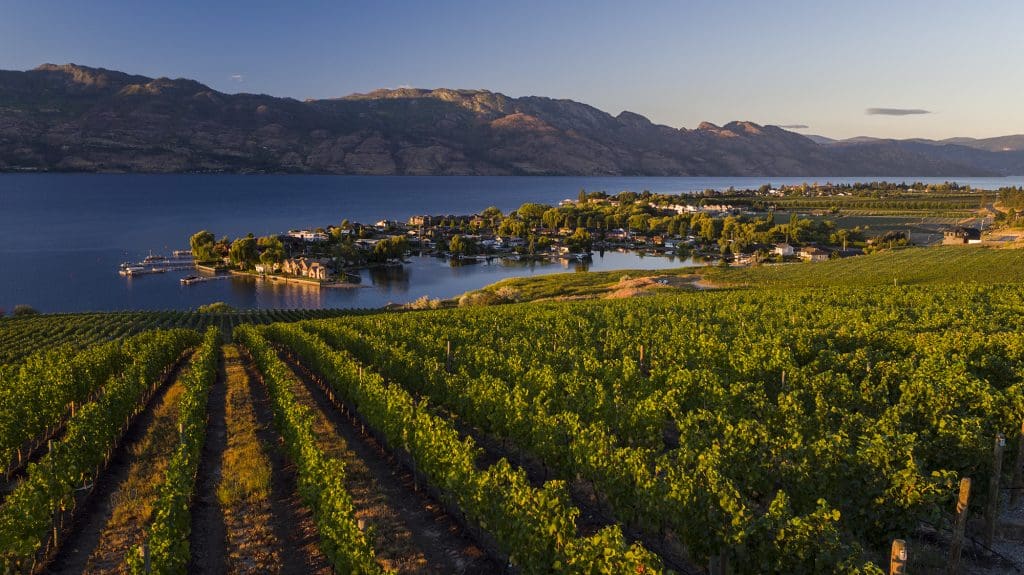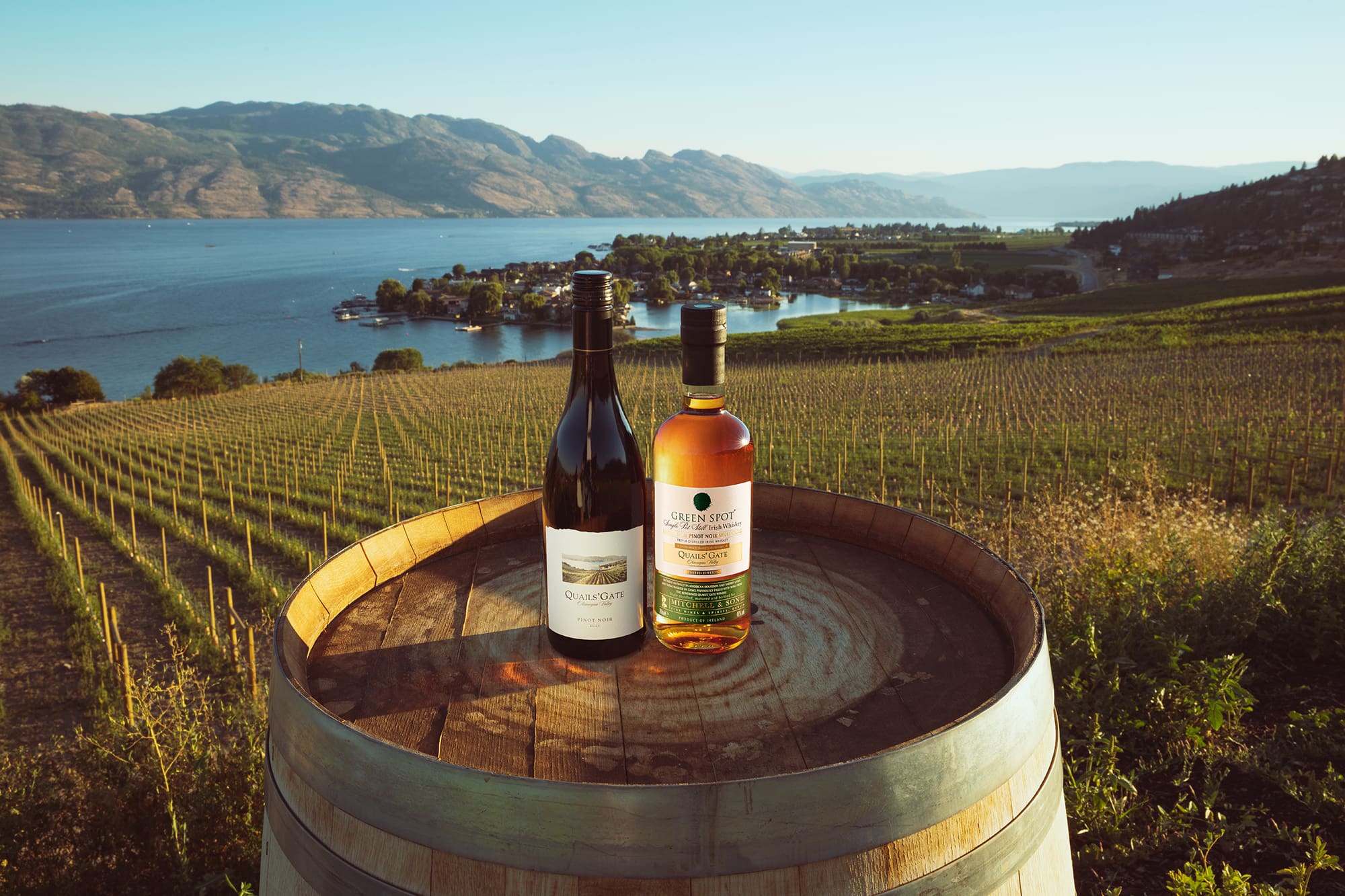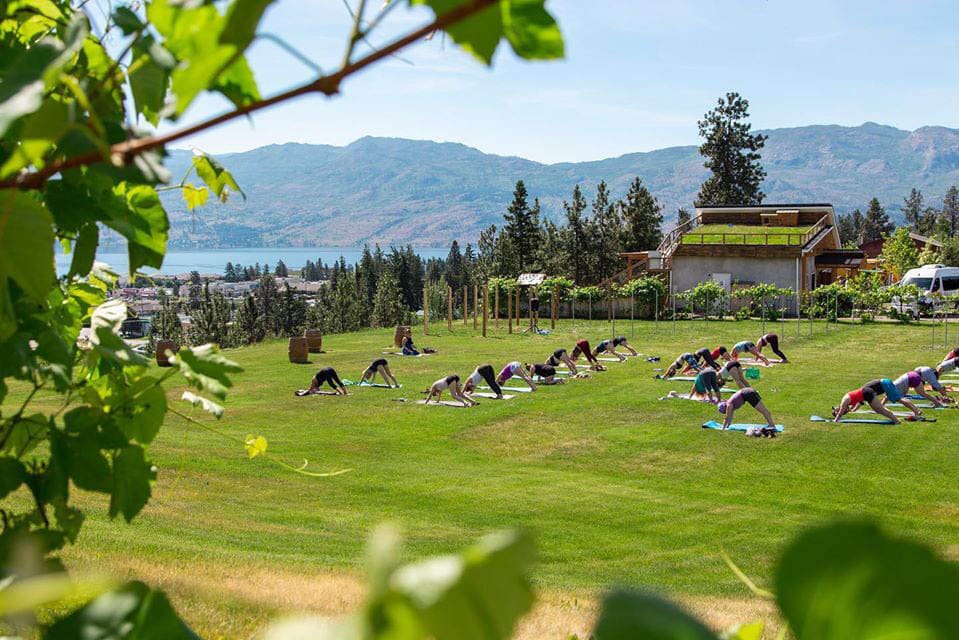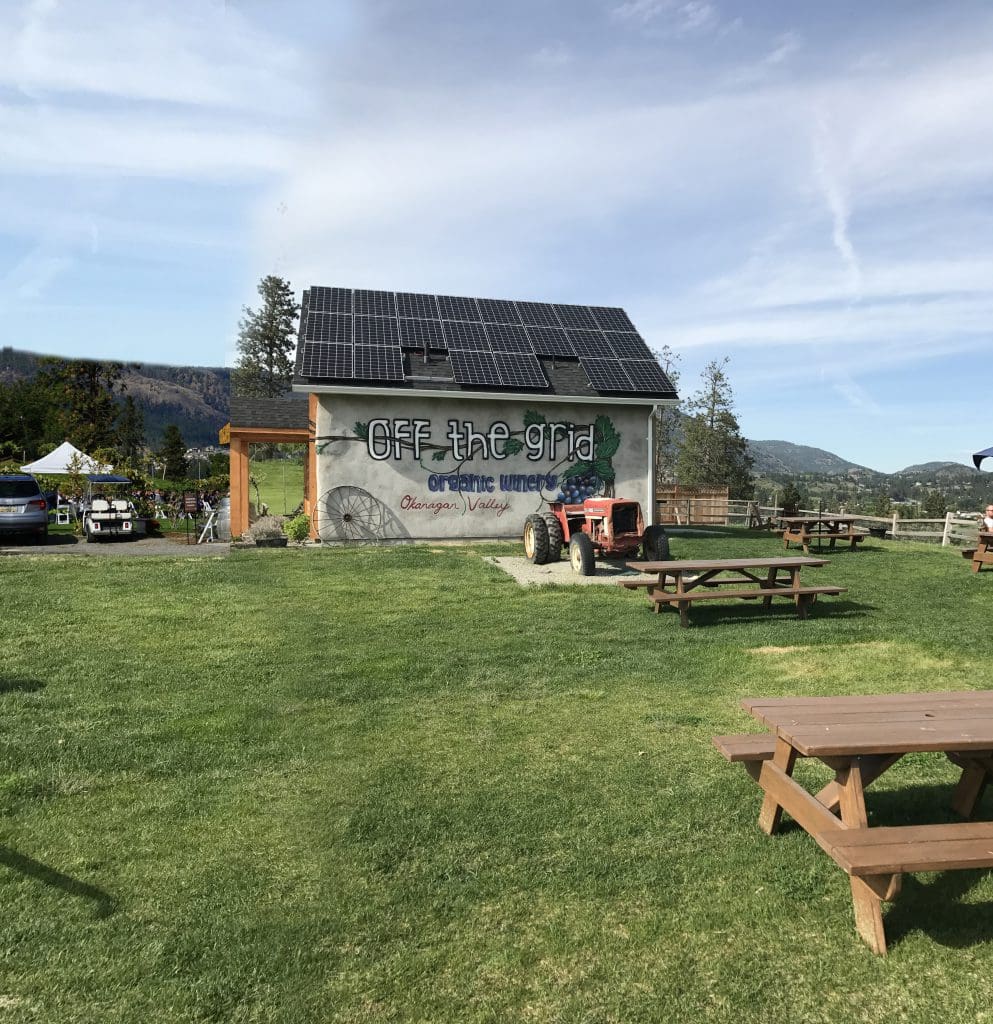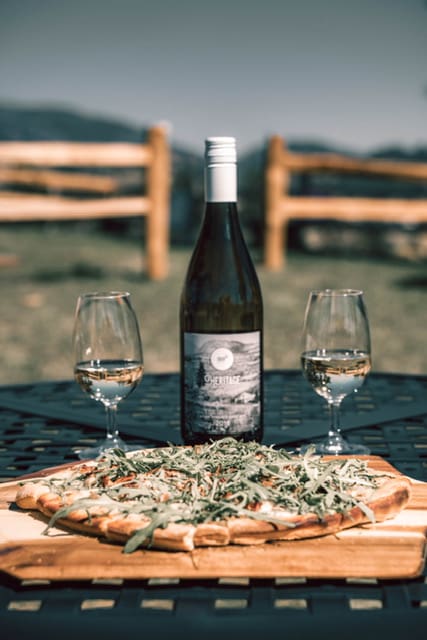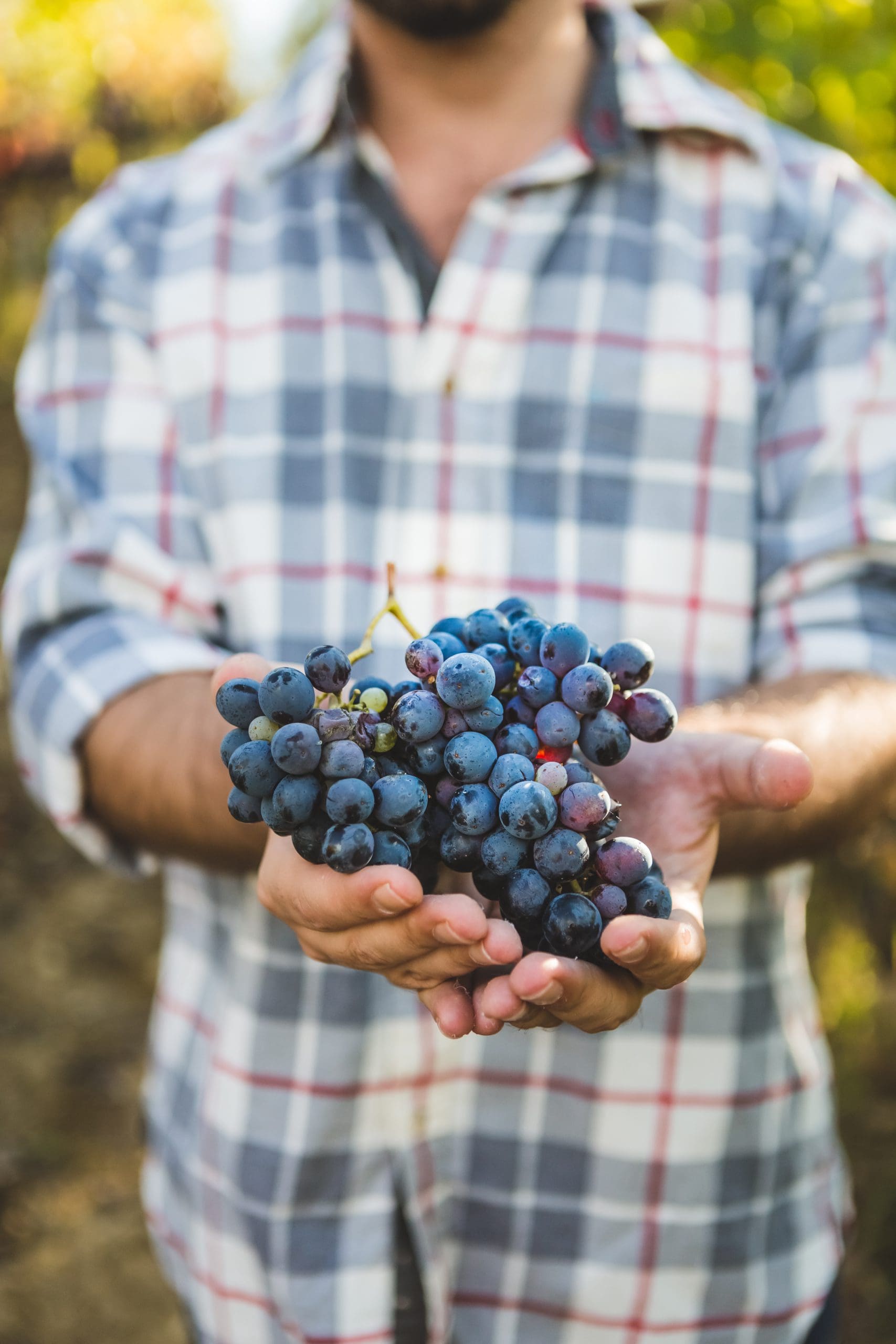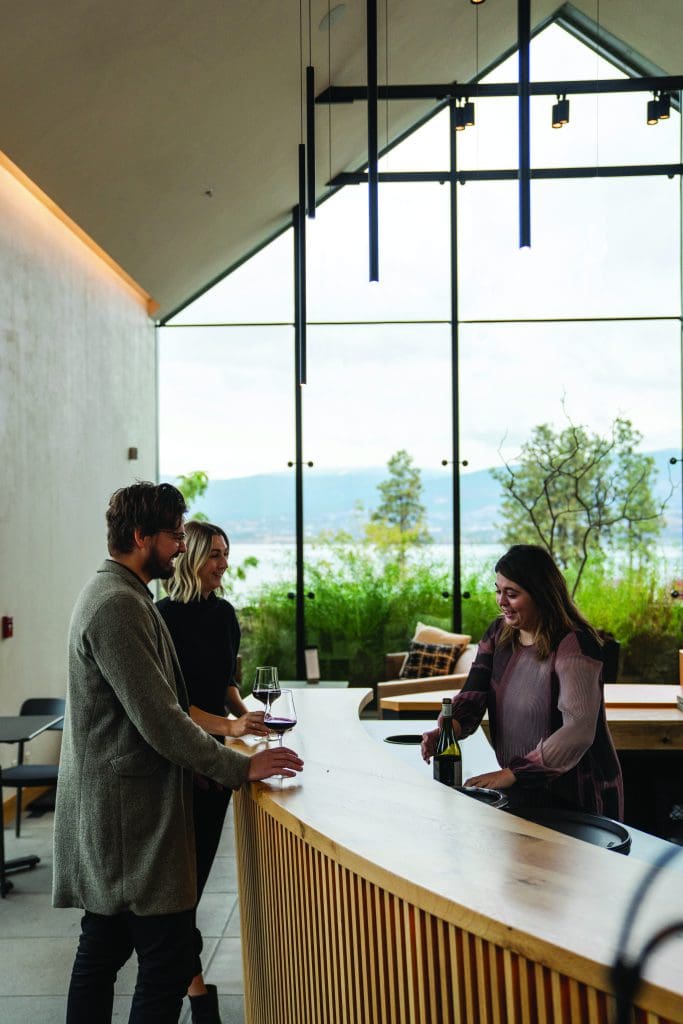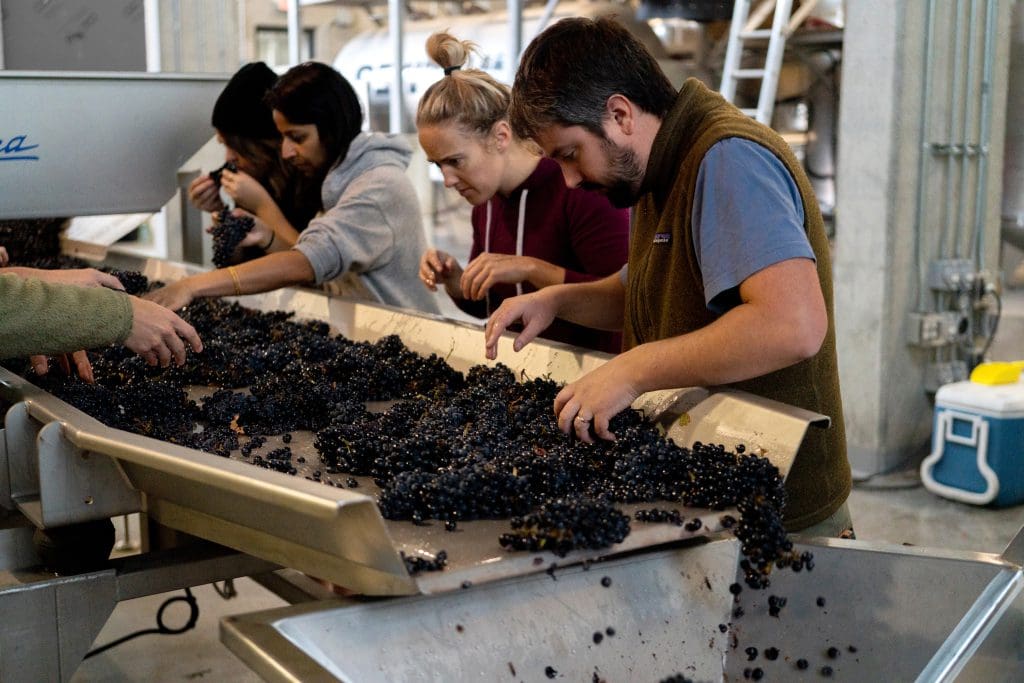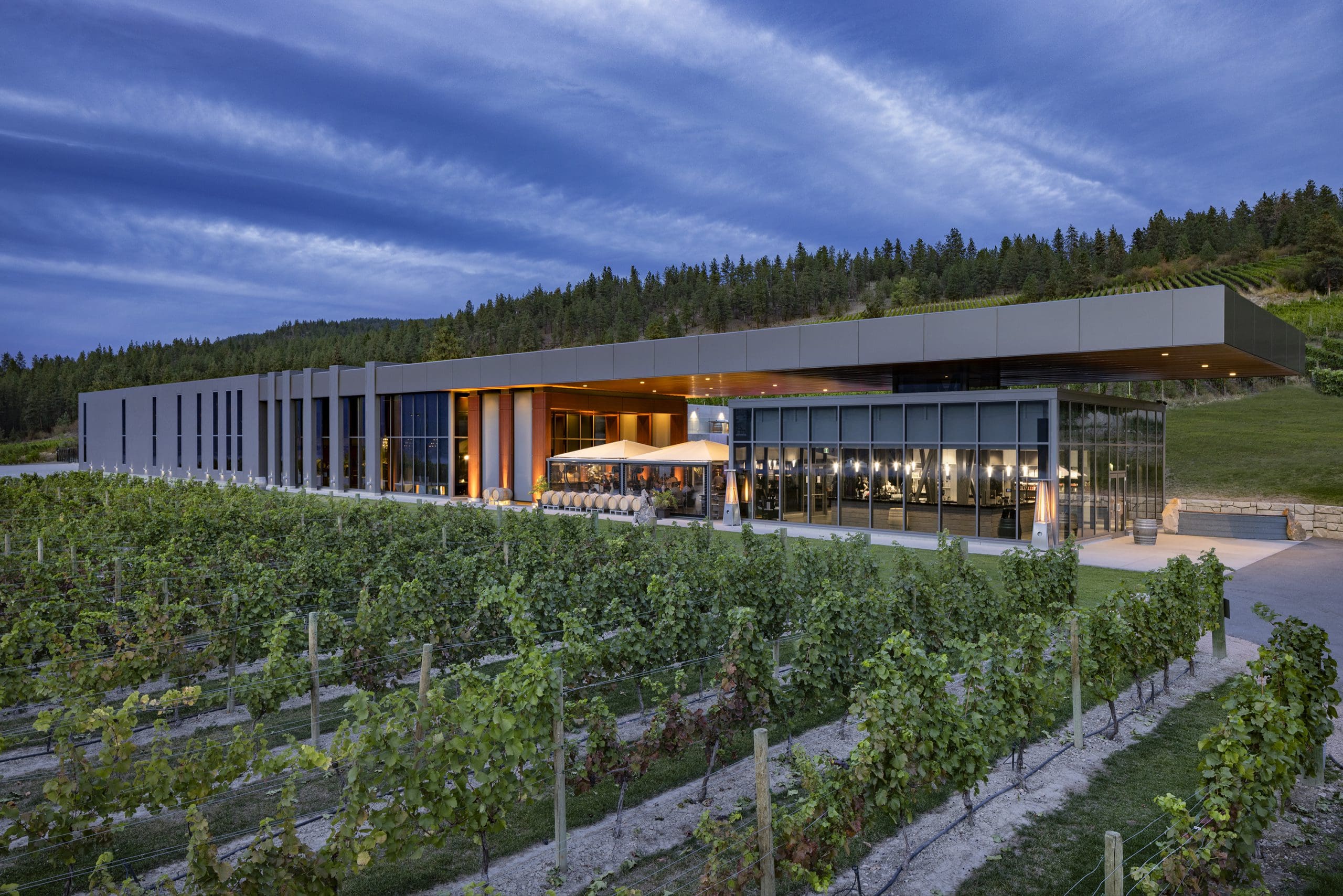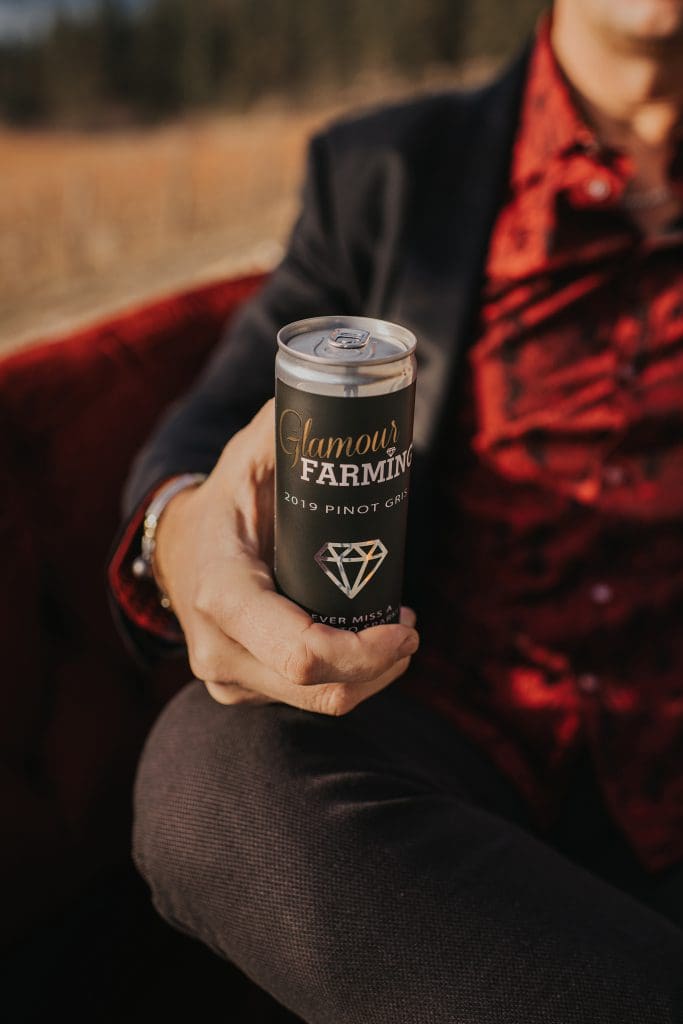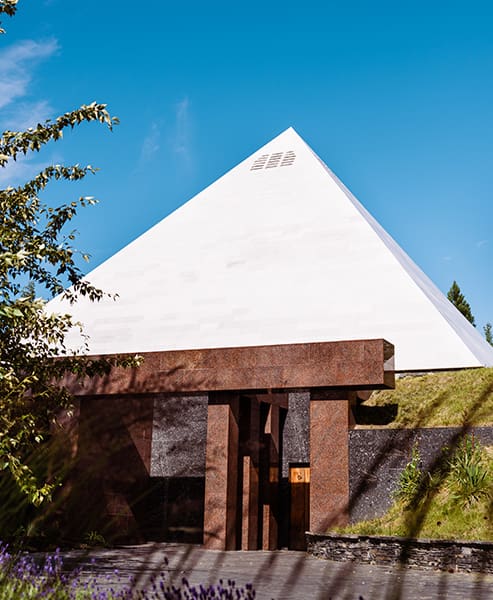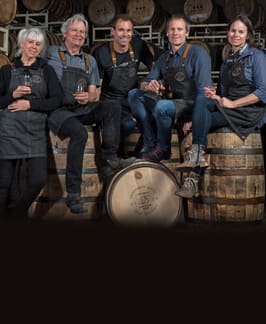As pioneers in the Central Okanagan’s agriculture and viticulture communities, the Stewart family’s legacy began in 1908 when horticulturist Richard Stewart Sr. emigrated from Ireland. After establishing one of the region’s most successful nurseries, Richard passed the torch to his son Dick, who planted the family’s first grape vines in 1961.
In 1989, Dick’s son, Ben Stewart, and Ben’s wife Ruth went on to found Quails’ Gate Estate Winery. Since then, Quails’ Gate has become a leading producer of BC Vintner’s Quality Alliance (VQA) wines, earning accolades over the years in national and international wine competitions. At the 2024 WineAlign National Wine Awards of Canada, the winery was awarded 15 medals, including 1 Platinum and 4 Gold, putting them at #4 in the Top 10 Wineries in BC.
Since founding the winery, the Stewart Family has purchased additional vineyards and established additional brands, which they brought together under the BACAS Family Wines portfolio that now includes luxury wine brands Quails’ Gate, Plume, Lake Sonoma, and Field & Flight. The family’s passion and commitment to delivering exceptional quality wines, while supporting the community and being good stewards of the land, is second to none.
“We have been leaders in the development of Canadian viticulture practices, but we couldn’t have done this alone”, says BACAS Family Wines President & CEO, Jennifer Cudlipp.
It is thanks in part to the “ecosystem of talent” Cudlipp refers to that so many businesses have grown and evolved in the Central Okanagan. There has been immense demand for Okanagan Valley wines, particularly in the last couple of decades, creating career opportunities that allow people to grow within the region.
“Post-pandemic, we’ve seen people moving to the Okanagan wanting more space and to enjoy the great parts of the region, with more balance than they might get in the Lower Mainland”, notes Cudlipp. “The fact that the Okanagan Valley is truly a four-season paradise and an incredible place to live, work, and play makes attracting new talent to the region an easy sell.”
The Valley is not only a fantastic place to live — it is also home to fertile ground, making it a premier grape-growing region. The Quails’ Gate team has researched the best selection of vines for the region and the best techniques to grow them. The winery has some of the most mature vinifera plantings—a common European grape that is the primary source of old-world varietals—in all of Canada. They also have the most extensive selection of mature Dijon Pinot Noir clones, which were the first official French clones of Pinot Noir to be available beyond France, named after a town in Burgundy.
“Part of our ongoing commitment to quality and innovation is reflected in our vineyard management”, explains Cudlipp. “After two years of winter damage, we are replanting several of our key blocks while we introduce the latest clones of Pinot Noir, Chardonnay, and others, ensuring our wines remain at the forefront of quality and taste.”
This ability to be nimble, move quickly, leverage global wine community connections, and invest in planting new vines right away sets Quails’ Gate apart and will contribute to the winery’s ongoing success.
As a leader in sustainability and environmental stewardship, Quails’ Gate takes a holistic approach to grape growing, incorporating practices that include drip irrigation to conserve water, sowing cover crops, and enriching the soil with compost and organic fertilizers.
In 2023, the winery announced its estate certification by Sustainable Winegrowing BC, which recognizes and encourages environmentally and socially responsible practices in the province’s wine industry. This complements the winery’s 2022 vineyard certification, making Quails’ Gate the sixth winery in BC to achieve full certification.
Looking ahead, the BACAS Family Wines team is excited about the addition of a new range of wines that will help bridge the gap while local vineyards are being replanted, as well as the launch of Ailm Estate, a sparkling wine project that’s been 9 years in the making.
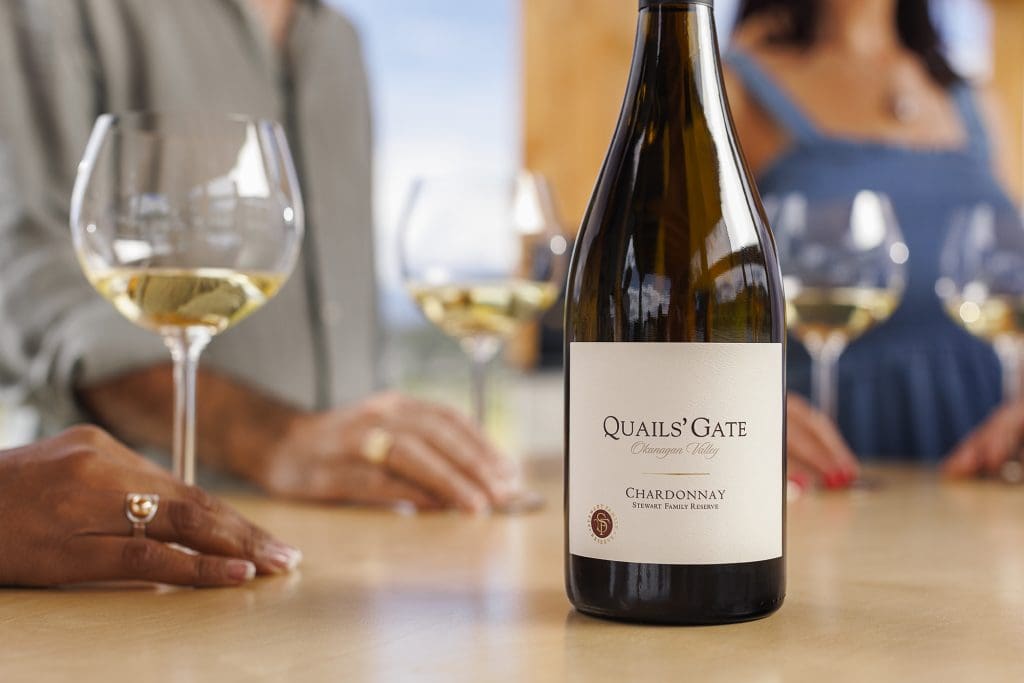
“We have an incredible community of wine professionals here in the Okanagan Valley and our ecosystem of talent only continues to grow as our industry matures.”
